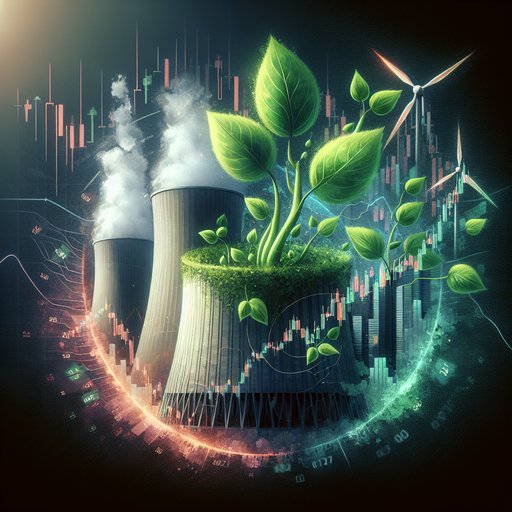
A significant transformation is occurring in the environmental, social, and governance (ESG) investment sector as nuclear energy gains recognition as a sustainable power source. This shift represents a notable departure from traditional ESG investment patterns that primarily focused on renewable energy sources like solar and wind [1].
The evolving ESG landscape has seen particularly strong performance in Northern and Central European countries, with Greece emerging as one of the top performers in ESG metrics [2]. This regional success demonstrates the growing importance of ESG considerations in investment decisions and national economic strategies.
In a significant development highlighting the nuclear sector's growing ESG credentials, Rosatom, the Russian state nuclear corporation, has reported revenues exceeding three trillion rubles in 2024 [3]. This financial performance underscores the increasing acceptance of nuclear power within sustainable investment frameworks.
Major corporations are also adapting to the evolving ESG landscape. In South Korea, Lotte Group has announced a strategic partnership with Naver focusing on AI, shopping, marketing, and ESG initiatives [4]. This collaboration demonstrates how companies are integrating ESG considerations into their digital transformation strategies.
The integration of ESG factors into business operations has become increasingly sophisticated, with companies now incorporating various data points, including weather forecasts, into their sustainability planning and risk assessment processes [5].
- When “Sustainable” Means Nuclear: ESG’s Surprising Pivot to Defense (Sergio Artimenia)
- Τράπεζα Πειραιώς: Η Ελλάδα στους «top performers» βάσει χαρακτηριστικών ESG
- Доходы Росатома превысили три триллиона рублей в 2024 году
- 롯데, AI 활용 위해 네이버와 손잡는다
- Effectively Using Weather Forecasts Is A Supply Chain Imperative
























